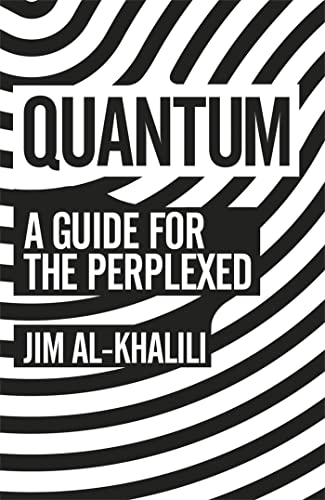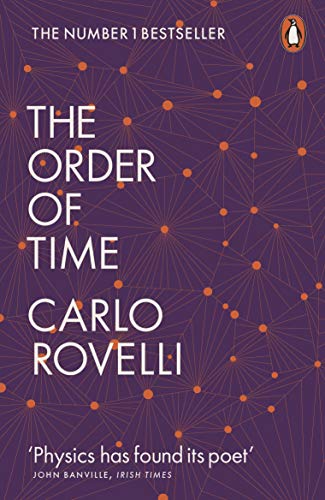Jim Al-Khalili "Quantum: A Guide For The Perplexed" (Weidenfeld & Nicholson)

Reading books like this just makes you realize how smart and creative theoretical physicists are, and I am intelligent enough to understand the main gist of the book. He really, really tries to make this stuff understandable. He used examples and used pictures, and didn't use sophisticated language either.
I did come away with incredible admiration for folks who actually do understand this stuff and can apply it to real world applications because this is the most counterintuitive thing you will ever come across.
Another very strange thing about this book is that some of the concepts are so counter to reason that it really casts doubt in my mind on my own atheistic beliefs which are seriously derived from reason and rationale thought.
Quantum physics really seems to highlight the limits of our understanding while simultaneously showing how brilliant we are. We can create predictive mathematical formulas that WORK under all sorts of experimental conditions. But we don't know why they work.
All in all, hats off to the author for even attempting to bring this subject down to layperson's terms.

Reading books like this just makes you realize how smart and creative theoretical physicists are, and I am intelligent enough to understand the main gist of the book. He really, really tries to make this stuff understandable. He used examples and used pictures, and didn't use sophisticated language either.
I did come away with incredible admiration for folks who actually do understand this stuff and can apply it to real world applications because this is the most counterintuitive thing you will ever come across.
Another very strange thing about this book is that some of the concepts are so counter to reason that it really casts doubt in my mind on my own atheistic beliefs which are seriously derived from reason and rationale thought.
Quantum physics really seems to highlight the limits of our understanding while simultaneously showing how brilliant we are. We can create predictive mathematical formulas that WORK under all sorts of experimental conditions. But we don't know why they work.
All in all, hats off to the author for even attempting to bring this subject down to layperson's terms.
















